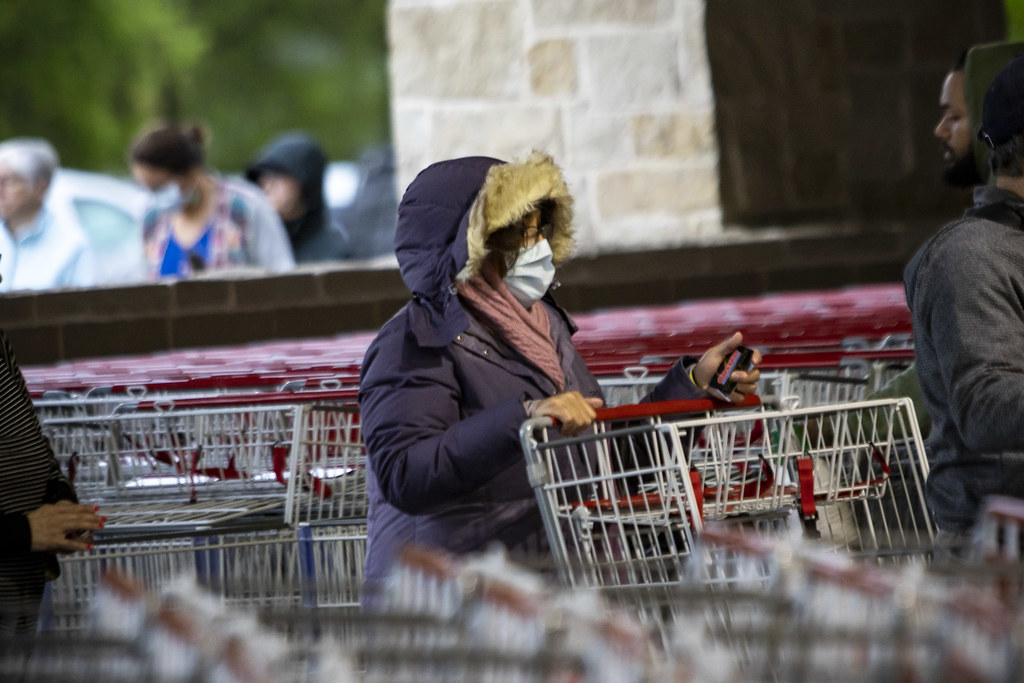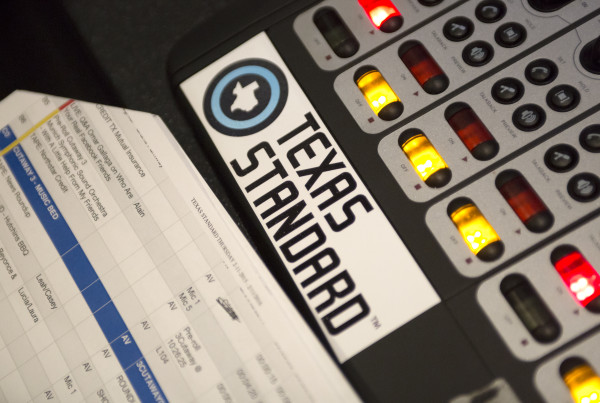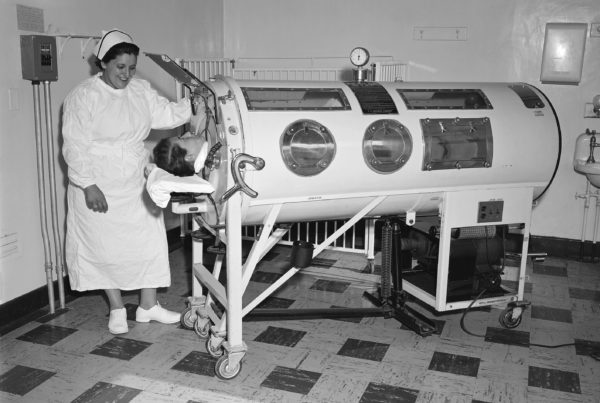The coronavirus pandemic comes at a time when the access to information is greater than ever before. But that also brings greater risk of misinformation. To combat that, Texas Standard is collaborating with Dr. Fred Campbell, an internal medicine physician and associate professor of medicine at the Long School of Medicine at UT Health San Antonio, to answer listener questions about the coronavirus and their health.
Can you contract COVID-19, recover, and then contract it again?
Data concerning this question is limited for COVID-19. However, it’s unusual for people who have contracted influenza, or other coronaviruses – the common cold is one – to relapse once they are completely over the illness. It is possible though, particularly for people who have a compromised immune system.
How do I tell the difference between allergies and COVID-19?
Some individuals have experienced a COVID-19 infection with symptoms similar to allergies – that includes a stuffy nose or a mild cough – without “red flag” symptoms, which are a fever of 100 degrees or more, shortness of breath or a severe dry cough. Sneezing is a possible symptom of COVID-19, but it’s more closely associated with other illnesses. In mild cases of COVID-19, it may be difficult to distinguish it from allergies. But doctors only recommend seeking medical attention if you experience the more severe, red flag symptoms.
How common is it for people with COVID-19 to have no symptoms at all?
Virtually everyone who contracts COVID-19 has an asymptomatic period, which can last several days. Unfortunately, this period may be when the virus spreads most easily. But while some people do have very mild infections, it appears that everyone who gets the virus will experience at least some symptoms.
Send us your questions! Reach out on Twitter or Facebook.
Digital story edited by Caroline Covington.















